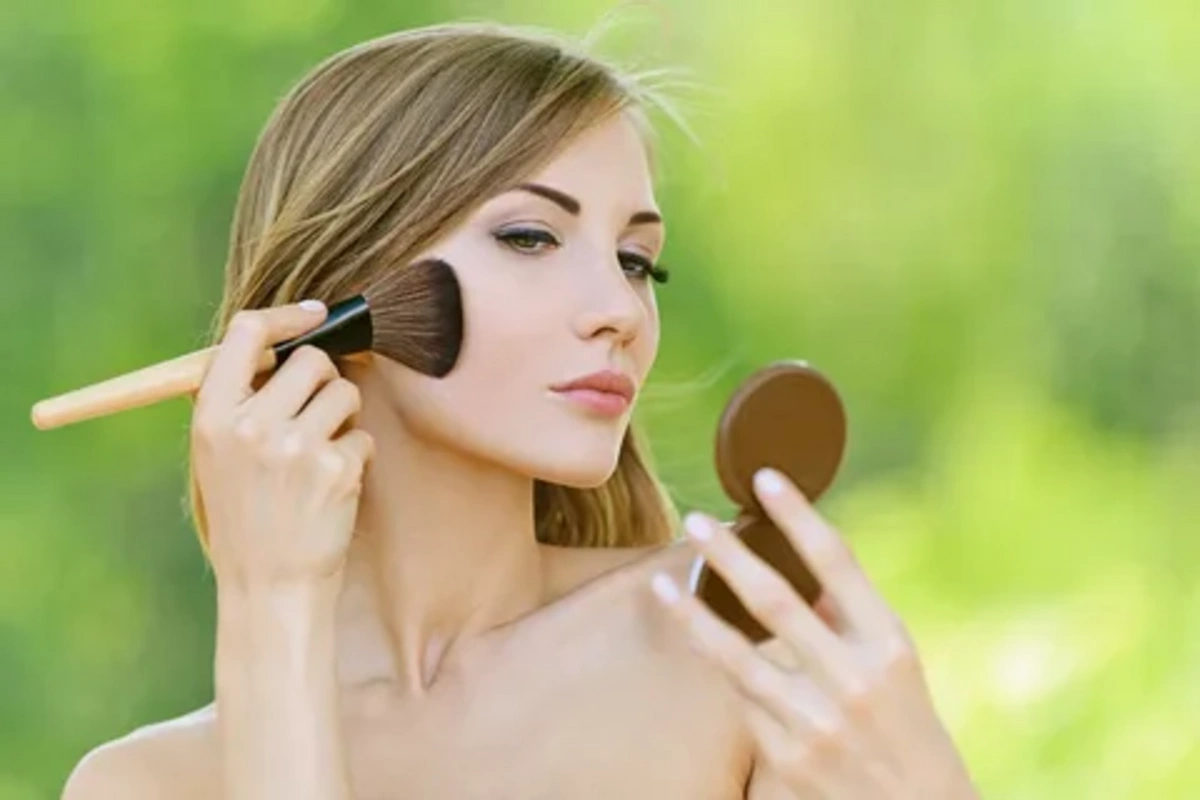Named cosmetics that harm the skin

31
May
2025
16:35
Cosmetics are designed to care for the skin, emphasize beauty, and hide imperfections. However, not all products are safe: some contain components that can cause irritation, allergies, and even serious diseases. Cosmetologist-aesthetician and professional cosmetics developer Natalia Ryabinova told aif.ru how to distinguish beneficial cosmetics from harmful ones.
Dangerous ingredients in cosmetics
- Parabens are used as preservatives, extending the shelf life of cosmetics. They tend to accumulate in the body and also increase sensitivity to sunlight.
- Sulfates (SLS, SLES). Found in cleansing products, shampoos, and shower gels. They provide abundant foam but destroy the skin's lipid barrier, causing dryness, irritation, and exacerbation of dermatitis.
- Mineral oils (Mineral Oil, Paraffinum Liquidum). Often found in creams and lipsticks. They create a film on the skin that prevents natural cell respiration, which can lead to clogged pores and acne.
- Formaldehyde and its derivatives (DMDM Hydantoin, Quaternium-15). Used in nail polishes, shampoos, and creams. They are strong allergens and carcinogens that can provoke dermatitis and irritation of mucous membranes.
- Phthalates (DEP, DBP, DEHP). Found in perfumes, nail polishes, and decorative cosmetics. They disrupt the endocrine system and affect reproductive function.
How does cosmetics harm the skin?
- Allergic reactions. Redness, itching, flaking - common signs of component intolerance. Fragrances and dyes in cheap cosmetics are especially dangerous.
- Premature aging. Aggressive surfactants (surface-active substances) and alcohols in tonics and cleansers destroy the protective barrier of the skin, accelerating the appearance of wrinkles.
- Hormonal disorders. Some preservatives and chemical filters in sunscreens (such as oxybenzone) affect the endocrine system.
- Clogged pores and acne. Comedogenic components provoke inflammation, especially in people with oily and problematic skin.
How to choose safe cosmetics?
- Study the composition; the first five ingredients form the basis of the product. Avoid long lists with incomprehensible names.
- Choose hypoallergenic formulas - look for labels like "dermatologically tested," "non-comedogenic."
- Give preference to natural alternatives - shea butter, aloe vera, hyaluronic acid are safe and effective.
What to use instead of dangerous cosmetics?
- Cleansing - micellar water without sulfates, gentle foams with natural extracts.
- Moisturizing - creams with ceramides, glycerin, plant oils.
- Sun protection - choose products with mineral filters in the composition.
- Decorative cosmetics - waterproof mascaras and foundations labeled as non-comedogenic.
This news edited with AI
Similar News
AI revealed the secrets of ancient biblical scrolls
Researchers from the University of Groningen have developed a unique machine learning model capable of determining the age of ancient manuscripts with high accu...




 Azərbaycanca
Azərbaycanca  По-русски
По-русски  English
English 





